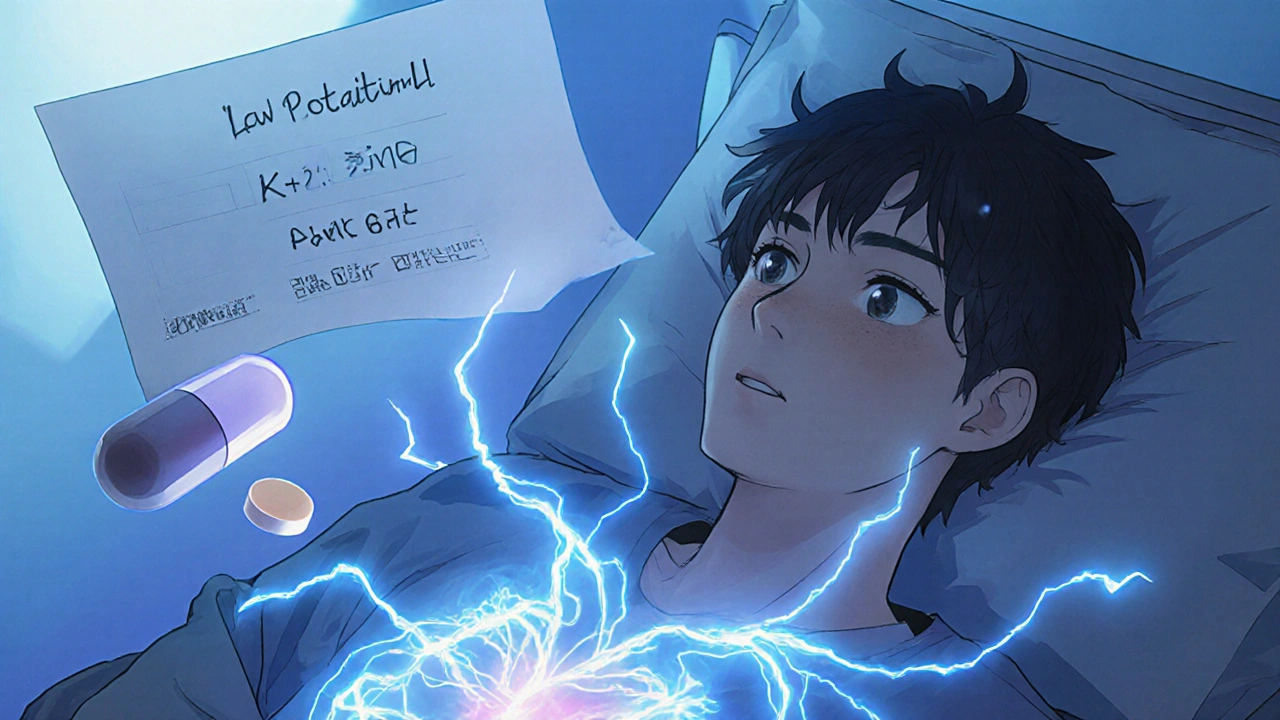Heart Failure: Causes, Treatments, and Medications That Help
When your heart failure, a condition where the heart can't pump enough blood to meet your body's needs. Also known as congestive heart failure, it doesn't mean your heart has quit—it means it's struggling to keep up. This is one of the most common reasons people over 65 end up in the hospital, and it’s often the result of long-term damage from high blood pressure, coronary artery disease, or past heart attacks.
Heart failure doesn’t happen overnight. It builds slowly, often with quiet signs: swelling in your ankles, feeling winded climbing stairs, or needing extra pillows to sleep. These aren’t just signs of aging—they’re red flags. The body tries to compensate by holding onto salt and water, which makes swelling worse, and by speeding up the heartbeat, which tires the muscle even more. That’s why treatments focus on easing the workload and removing extra fluid. Medications like diuretics, drugs that help your kidneys flush out excess fluid are often the first line of defense. Then come ACE inhibitors, medications that relax blood vessels and lower pressure on the heart, and beta-blockers, drugs that slow the heart rate and reduce its oxygen demand. These aren’t just pills—they’re tools that help your heart work smarter, not harder.
But meds alone aren’t enough. What you eat, how much salt you take in, and whether you check your weight daily can make a bigger difference than you think. A sudden 2-pound gain in a day? That’s fluid building up—call your doctor. Missing a dose of your heart meds? That’s a risk. And while some people think heart failure means giving up, the truth is many live full lives with the right plan. The posts below cover real-world details: how warfarin interacts with vitamin K in people with heart-related clots, why fixed-dose combinations simplify daily routines, and how excipients in generics can affect tolerance. You’ll also find practical advice on avoiding drug interactions, recognizing warning signs, and managing side effects without panic. This isn’t theory. It’s what works for people living with heart failure every day.
